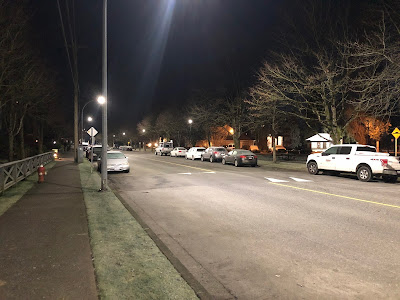Over this week, I’ve posted about Langley City’s proposed 2021 budget, including the operating budget and capital projects budget. Every year there are external forces that impact Langley City’s revenue received. The COVID-19 pandemic will significantly impact Langley City’s 2021 projected revenue.
The most considerable impact is the closure of the Cascades Casino. This closure will reduce the City’s revenue by an estimated $7.2 million in 2021. The provincial government granted Langley City $4.15 million as part of the Canada-B.C. Safe Restart funding to support COVID-19 recovery in our community. This grant somewhat buffers the significant reduction in casino revenue.
In the proposed 2021 budget, Langley City staff and council have allocated a portion of this grant to support the following programs. Langley City typically funds these programs from casino revenue.
- Community Grants: $168,000
- Ice User Subsidy at Twin Rinks: $206,000
- Langley Environment Partner Society: $50,000
- Grade 5 Swim Program: $30,000
- Homeless Camp Cleanup: $30,000
- McBurney Plaza Summer Series: $28,615
- Downtown Evening Events: $15,810
- Other Special Events: $80,000
- Christmas Parade: $11,500
- Remembrance Day Cermony: $4,500
- Enterprise Fund for Emerging Priorities: $168,000
Because casino revenue is not a “sure thing,” council has asked staff to slowly reduce reliance on casino revenue for these programs.
One of the other impacts of the pandemic has been a $168,500 reduction in interest income that the City would typically receive.

|
| LED Streetlights on Michaud Crescent |
On a brighter note, the City has nearly completed the conversion of all City-owned streetlights to LED. The City still needs to convert some of the “black pole” lights in our Downtown to LED. This conversation is one of the reasons why the City’s utility costs are down $72,860 for 2021.









